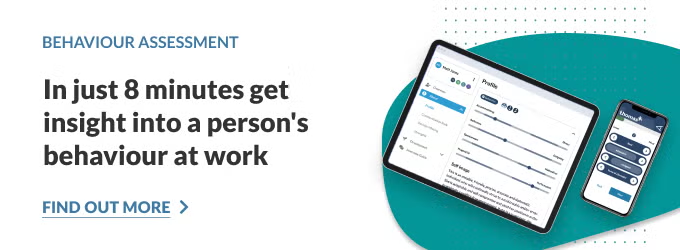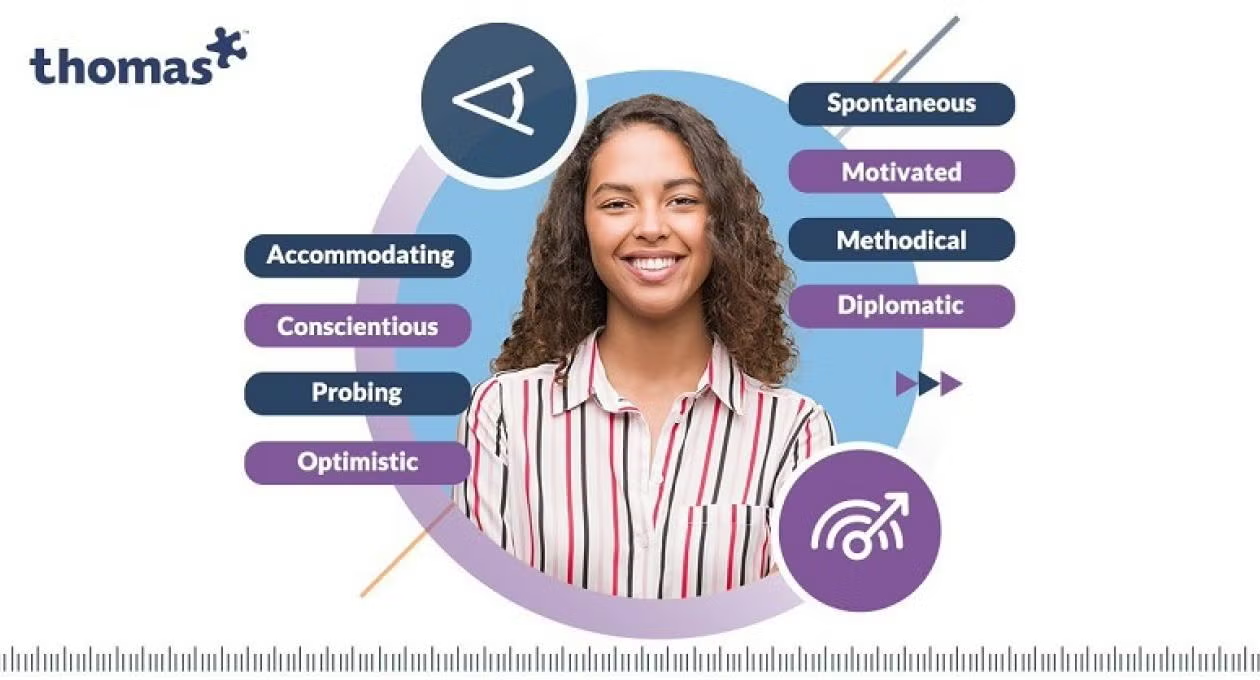What is the difference between behavior and personality? Behavior and personality are two different characteristics that can be used to define us.
A person is judged by how he or she behaves and what traits constitute a part of his or her personality. The word “personality” has many definitions. Essentially, personality is referred to as the combination of values, views, set responses, patterns of thought and characteristics which are relatively stable aspects of an individual.
Behavior on the other hand, is how that individual comes across to others in their actions. In summary, behavior is WHAT we do, personality is how we THINK, FEEL and WHY we tend to behave in a certain way.
Altering behavior
While much of our behavior is a result of our values and beliefs, it’s much easier to behave differently than to change beliefs. When referring to an individual’s behavioral characteristics, we are referring to the way a person acts or reacts in a particular situation and to their surroundings in general.
Behavior is situation-based. That is to say, it changes according to the situation, and in this case is often influenced by an individual’s current work environment.

Thomas’ behavioral competencies test uses four main profile factors: Dominance, Influence, Steadiness and Compliance, to provide information on a candidate’s fears, motivators, values and behaviors.
It provides an accurate insight into how people behave at work, allowing you to maximize your L&D budget by identifying an individual’s areas of strength and limitations and which skills require development.
Employers can gain greater certainty when recruiting, and understand how to reduce staff turnover. Candidates taking the Behavior assessment on our new platform, Thomas Assess, may see descriptive words such as:
- Driven
- Accommodating
- Direct
- Probing
- Reflective
- Spontaneous
- Methodical
Think of these behaviors as being visible to others. In other words, working with a colleague in your team that shows systematic behavior would be quite easily spotted due to their methodical approach to tasks and perhaps even a more procedural decision-making style.
Personality traits are stable
Personality refers to the innate qualities of a person that have evolved through a combination of genetic and environmental factors. All these characteristics develop at an early age and therefore remain relatively constant in a person.
Personality traits are therefore inherent and stable. It helps us to distinguish one person from another and also enables us to understand the “why” behind behavioral patterns in a particular context, such as the workplace.
Thomas’ Personality assessment on Assess, due for release in the Spring, will help you to find an individual whose character traits are best suited for a specific position and determine whether they will excel in the role. The assessment delivers insights into a person’s:
- Conscientiousness
- Empathy
- Self-control
- Optimism
- Happiness
- Motivation
- Assertiveness
Think of these personality traits as not being visible to others. For example, an individual might behave in a direct manner in certain situations when required, but may only have a slight preference for approaching risk.
Thus, it will be easy to see this individual coming across as direct in their interactions, but it will be more difficult to understand how they feel, how they think and what their beliefs are around approaching risk in the workplace.

What are the benefits of assessing candidates’ personality?
If an employee is placed in a position that doesn't match their personality, it often leads to lower engagement. Low employee engagement can result in higher staff turnover and the associated costs of replacing them.
Workplace personality tests give employers a tool that gives them quantifiable data to help them make the correct decisions. Typically delivered online, they can be distributed and processed quickly, speeding up the hiring process.
Thomas’ Personality assessment can indicate the potential to succeed or identify characteristics that could de-rail an otherwise successful person.
Adapting to remote working
In 2020, our Science team conducted a study on 300 remote workers across the world, analyzing their behaviors and personality, how well they worked remotely, and the factors that helped or hindered these. These were the results, along with tips for improving remote working:
Key takeaways from this proved that anyone can be a high performing remote worker if we tailor our approach to remote work and how we are managed to our profiles. And the biggest impact on remote working performance? Feeling individual success and control over our jobs.
Thomas’ assessments assist in predicting how successfully an employee may adapt to remote working, and gives a clear idea of which areas need careful monitoring.
Next steps to better hiring
The Thomas Behavior, Aptitude and Personality assessments together help businesses predict the role and cultural fit of employees and candidates.
They do so by empowering managers to make the best people decisions by comparing the behavioral traits, cognitive abilities and personality characteristics of applicants to those of successful employees in similar roles. This insight enables businesses and SMEs to identify best-fit candidates quickly and consistently.
Read more about our assessments here and benefit from our 40 years’ experience to improve your hiring processes.





